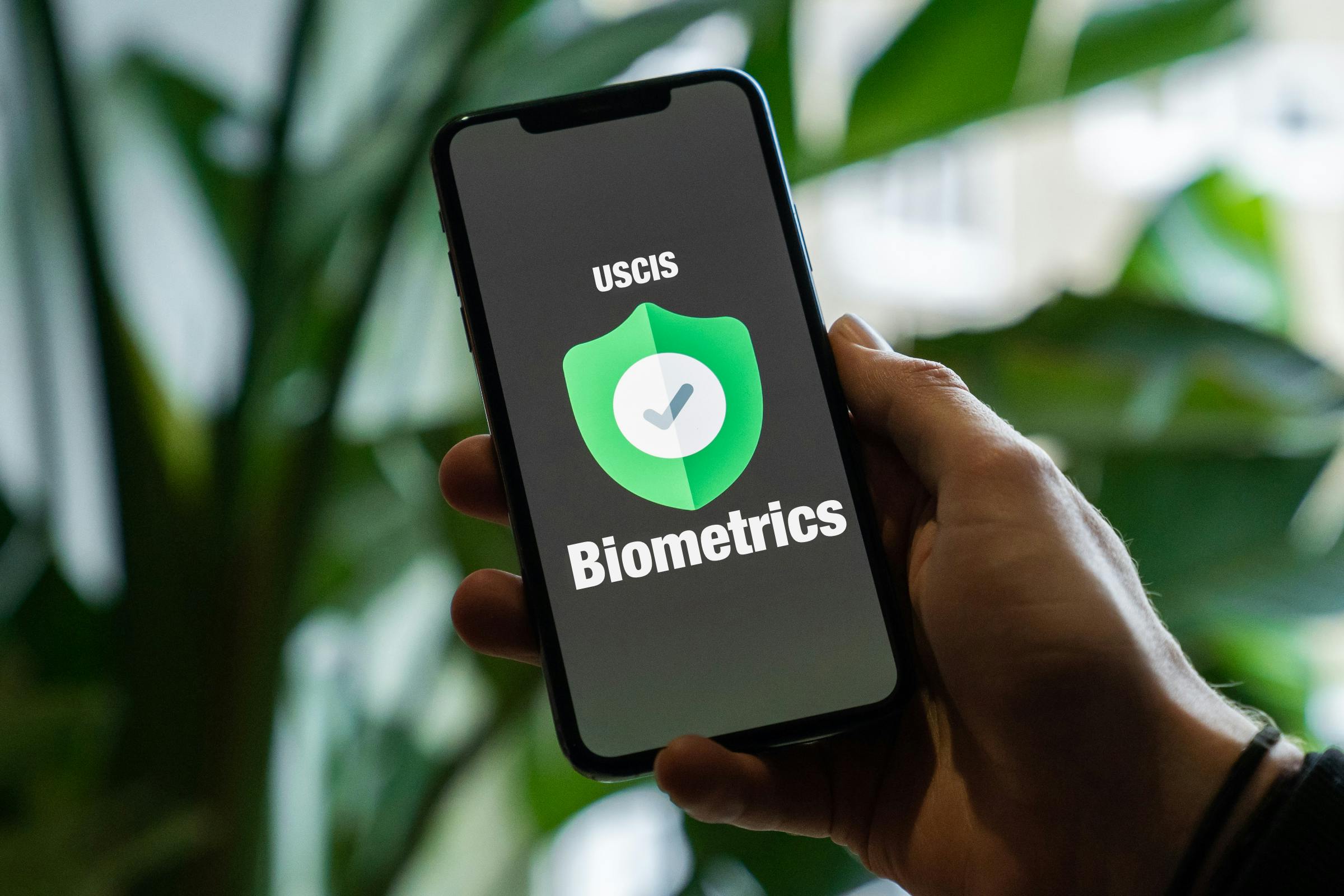The New Shutdown Deadline
When it comes to determining the federal budget, the year doesn’t start on January 1, as most things do. Instead, the spending, as with most government programs, is designated by fiscal year, and this annually begins on October 1. By that date, Congress must have agreed on how to allocate spending to every organization that receives federal funding. This gives those involved until the new deadline to determine spending for Fiscal Year 2024.
As one may imagine, this is a complex endeavor, and it is made even more challenging by the disparate goals of the Republican and Democratic parties of today. As both sides continue to refuse to budge on specific issues of equal importance to them, October 1 came and went without an agreement. But President Biden agreed to sign a short-term spending bill, which delayed the shutdown and provided funds until November 17, 2023.
Those involved in negotiations report a challenge agreeing upon spending of the Labor-HHS-Education bills, as well as a potential fight for leadership within the House that is blocking compromise on spending talks. The Labor-HHS-Education bill proposes a significant slash in spending on education-related programs of over $12 billion.
Although the immigration program isn’t on the table as a spending problem, it, and any other federally funded system, would be impacted as an innocent bystander in this lack of an agreed-upon fiscal budget for FY 2024.
Why Immigration Attorneys Are Paying Attention
This potential shutdown has become almost a tradition in the US over the past few years, but this year looks like it could be different. The immigration system in America is already in flux, with massive changes on the horizon, and the potential shutdown could impact the visa programs even more than they already have been, causing immigration attorneys to reach out to their clients, particularly those with H-1B visas, and advise them to pay close attention to their renewal dates and application filing deadlines.
Not all visa holders have cause for concern, as the immigration branch, USCIS, is mostly self-funded through application and petition fees, so a federal spending shutdown only impacts them mildly. But H-1B applicants require approval from the Department of Labor (DOL), which is federally funded and will likely experience delays due to a mandatory shutdown.
Because of this potential delay, attorneys suggest H-1B applicants file for their second lottery selections and H-1B extensions no later than the end of October. Any potential new job offers should be accepted now so that the employer can file for and receive them from the DOLabor Condition Application (LCA) from the DOL before the new shutdown deadline. If an agreement doesn’t occur by that date, any activities required by the DOL will be suspended, so those waiting for their LCAs, permanent labor certifications (PERMs), or prevailing wage determinations to process will not move forward.
This shutdown would also impact any employer who planned to file a status extension for their H-1B employees with upcoming visa expirations in the next six months. Per immigration rules, applications for extensions for H-1B visas can’t be submitted any earlier than six months before the current visa expires. To avoid delays in approvals, any employer sponsoring an H-1B worker with a visa expiration date of mid-May or before should file for the LCA now.
What’s Next?
Do you have questions about how a potential government shutdown could impact your — or your employee’s — visa status? Our experts at Visa2US are continuing to monitor the situation closely. Contact us any time, 24/7, for answers to your concerns and advise as to what your next step along your visa journey should be.














